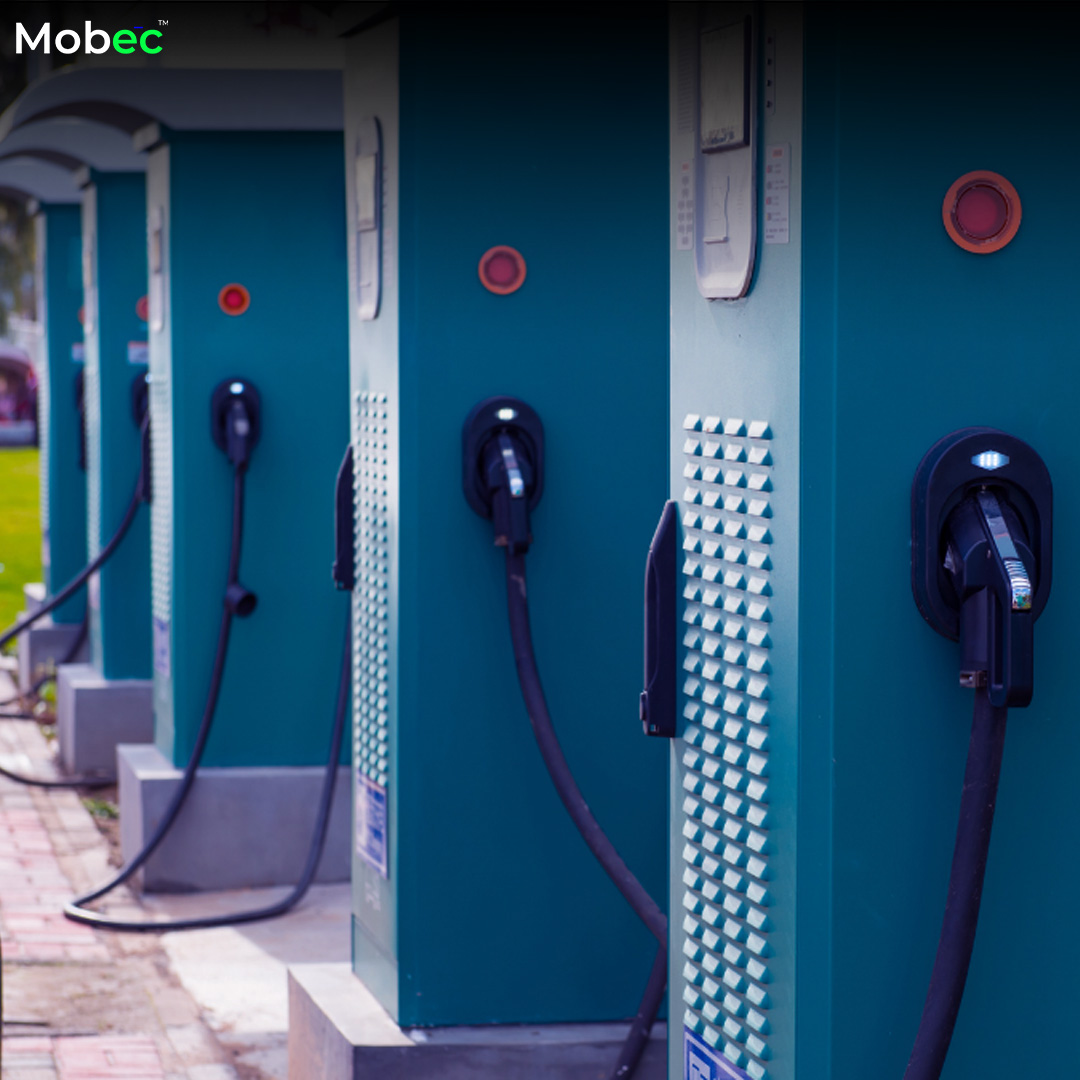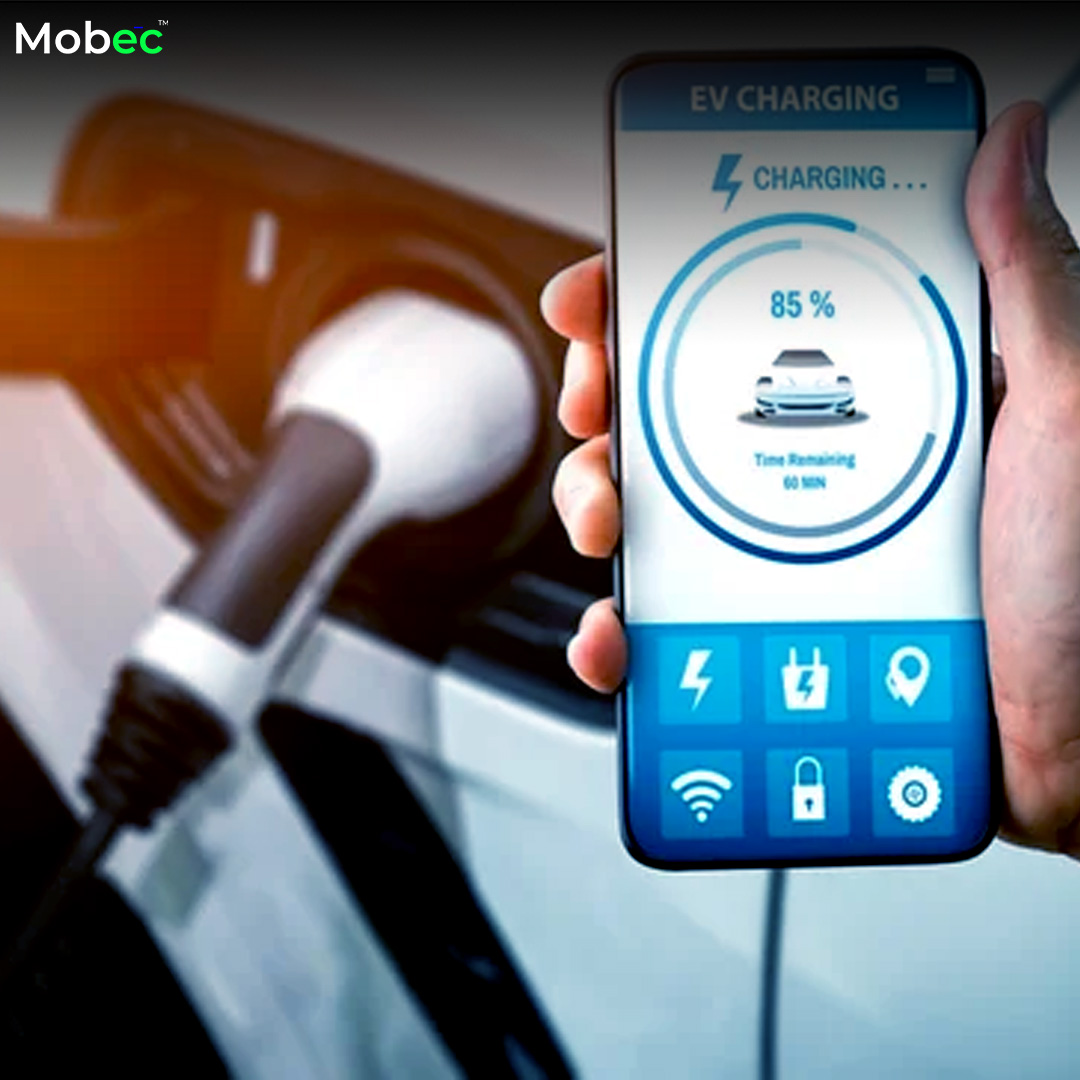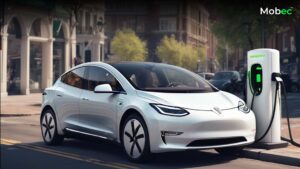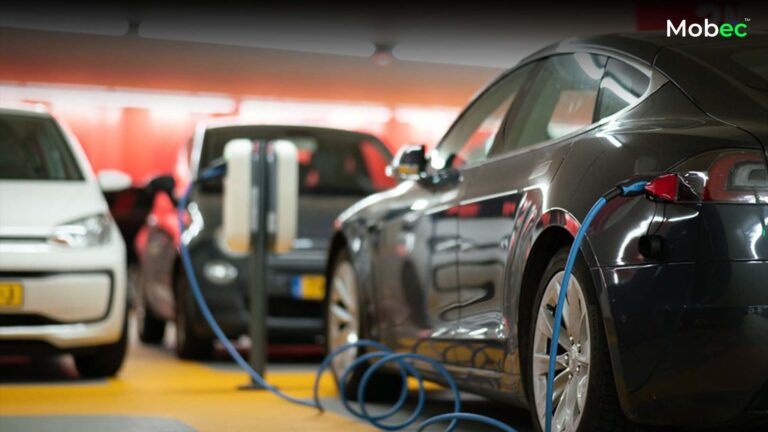Charging points, also known as electric vehicle (EV) charging stations, have become integral to the global transportation landscape as the world shifts towards a more sustainable and eco-friendly future. With the increasing adoption of electric vehicles, the future of charging points looks promising, marked by expansion plans and technological advancements to revolutionize how we charge our electric cars.
This blog will explore five key developments highlighting the exciting charging point prospects.
1. Expansion of Charging Points

The expansion of charging points is the most noticeable trend in EVs. Governments, private companies, and the growing consumer demand drive the push for wider accessibility. Many countries and regions have set ambitious goals to expand charging infrastructure, making it easier for EV owners to charge their vehicles.
These expansion plans are more comprehensive than urban areas; rural regions also receive attention to ensure electric cars can be used everywhere. Furthermore, partnerships between automakers and charging infrastructure providers are becoming more common, helping to fast-track the deployment of new charging stations.
2. Ultra-Fast Charging Technology

One of the most exciting technological advancements in the charging point world is ultra-fast charging. While traditional Level 2 chargers can take several hours to charge an EV fully, ultra-fast chargers promise to change the game.
These chargers, often called Level 3 or DC fast chargers, can quickly deliver impressive power. This technology is being developed to significantly reduce charging times, making it more convenient for EV owners and addressing one of the main concerns – range anxiety.
Tesla’s Supercharger network is already known for its rapid charging capabilities, and other companies are striving to develop similar or even faster solutions.
3. Wireless Charging Systems:

As a future concept, wireless charging is becoming a reality for electric vehicles. This innovative technology allows drivers to charge their EVs without plugging in cables. Instead, cars with wireless charging capabilities can park over a wireless charging pad.
This technology is still in its early stages but holds great promise for convenience and user-friendliness. As wireless charging technology advances and becomes more widespread, it could further encourage the adoption of electric vehicles.
4. Renewable Energy Integration:

The future of charging points is intrinsically linked with the broader goals of reducing carbon emissions. Charging infrastructure providers are increasingly turning to renewable energy sources to align with these objectives. Many charging stations have solar panels and wind turbines to generate clean energy on-site.
It reduces the carbon footprint of charging stations and makes them more resilient in the face of power outages. Additionally, energy storage systems like lithium-ion batteries are being integrated into charging infrastructure, allowing excess energy to be stored and used during peak demand times, further promoting sustainability.
5. Smart Charging Solutions

Smart charging is a technological advancement transforming EV owners’ charging experience. These systems utilize advanced software and data analytics to optimize charging processes. Smart charging can consider factors such as electricity rates, grid demand, and an individual’s schedule to determine the most cost-effective and efficient vehicle charge time. Mobile apps and digital platforms also enable remote monitoring and control of charging sessions.
Moreover, some smart charging solutions support vehicle-to-grid (V2G) technology, enabling EVs to feed excess energy back to the grid during peak demand, offering economic benefits to EV owners and grid stability advantages to utilities.
Summing up, the future of charging points is marked by expansion plans and exciting technological advancements. As governments, businesses, and consumers continue to embrace electric vehicles, the charging infrastructure is evolving rapidly to meet the growing demand.
From widespread accessibility and ultra-fast charging to wireless charging, renewable energy integration, and innovative charging solutions, the charging point landscape is evolving to become more convenient, efficient, and environmentally friendly.
These developments drive the EV market’s growth and contribute to a cleaner, more sustainable transportation future. So, if you’re considering switching to an electric vehicle, the future of charging points looks brighter.




















[…] the way we charge: A glimpse into the future of electric vehicle charging […]